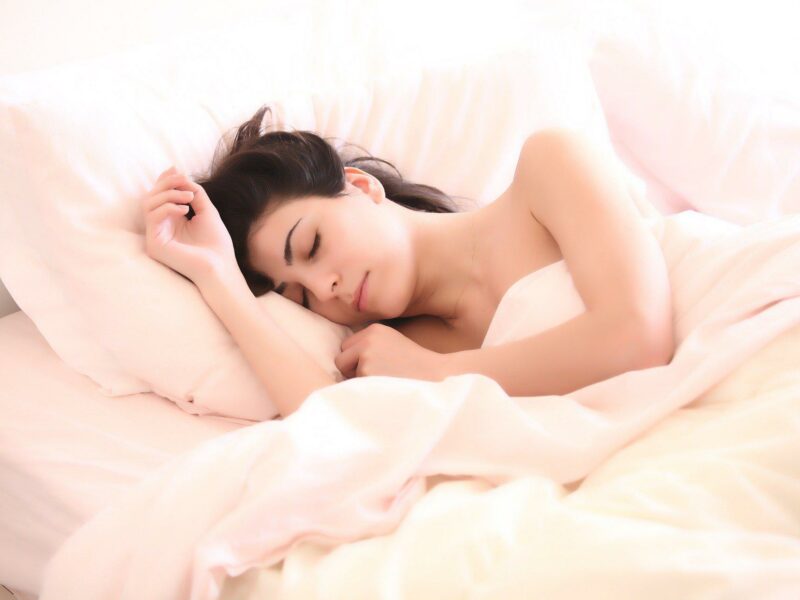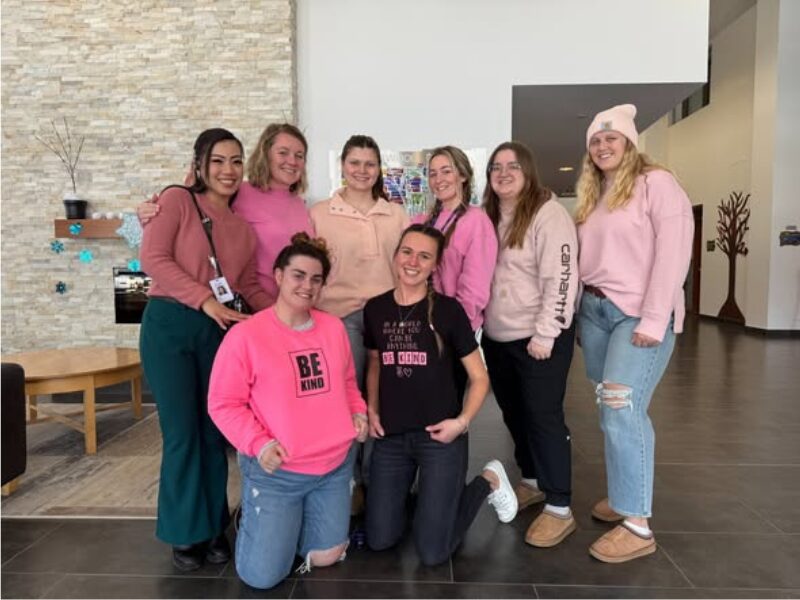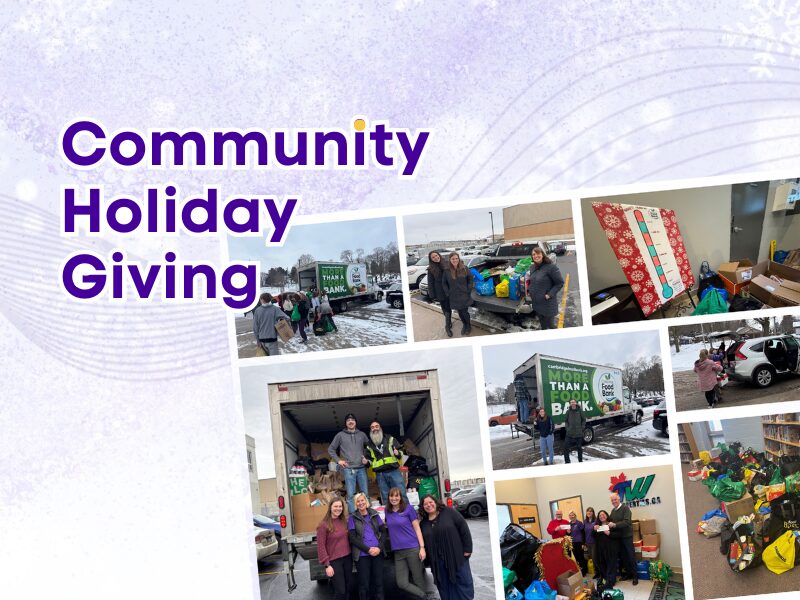Habits for Better Holiday Sleep


As we come up to the holidays, routines and schedules can be thrown out the window in order to attend family functions and travel across the city or even the country for these events.
No school for two weeks can also lend itself to throwing off a well-established routine. While there is nothing inherently ‘wrong’ with these changes in routines, getting back on track can be difficult for youth and parents alike. Here are some tips when considering your evening and sleep routines:
1) Lower the lights - As your teen gets ready to head to bed, decreasing the light level in the room can help their body prepare for the transition to sleep. This includes light from electronics. Current research shows that the blue light from electronics can prevent the release of melatonin (Bowler& Bourke, 2019). Melatonin is a hormone that induces drowsiness and sleep, therefore important in getting a good night’s rest.
2) Determine how Much Sleep your Youth Needs -The amount of sleep needed varies from person to person. Research shows that children under 4 years old need 11 to 13 hours a night. This decreases to 10-11 hours a night for children 5 to 11 years old. Teenagers need 8-9 hours each night. Keep in mind, this is the number of hours of sleep, not the time they go to bed to the time they get out of bed. Planning routines with a 30-minute buffer (like bedtime being 30 minutes prior to falling asleep time), can be helpful in ensuring everyone gets enough sleep.
3) Monitor Caffeine Consumption - This includes coffee, caffeinated teas and many pops. Even an afternoon cup can impact the ability to fall asleep. Best practice is to cut out caffeine a minimum of 6 hours before bed.
4) Create a Positive Sleep Environment - As mentioned previously, light can affect the ability to fall asleep. Generally, dark rooms with little to no noise are best for falling asleep. Also be mindful of the temperature. Going to sleep in a cool environment (not cold), is more conducive to sleep than warmer environments.
5) Keep up your Routine - While it’s easy to get off routine over the holidays, the number one barrier to sleep is lack of routine. A body’s internal clock can get thrown off very easily when betimes vary for a couple days. Getting back to routine, going to bed and getting up at the same time each day and ensuring children stay in bed once it’s bedtime are keys to getting the body’s clock to reset. Also be aware of the impact of naps. Even adults can have a hard time going to bed when they have had a nap during the day!
Holidays, celebration and family events are important, so don’t think you need to cut them out. Just be aware of how late nights or early mornings can affect your teen’s sleep. Be prepared to spend a few days getting back on track. These days may be a bit tough, but sticking to the suggested tips will help them get the sleep they need to be successful when the holidays are over.
Sleep CAP - InterRAI
Bowler, J., & Bourke, P. (2019). Facebook use and sleep quality: Light interacts with socially induced alertness. British Journal of Psychology, 110(3), 519–529. Retrieved from https://sci-hub.tw/10.1111/bjo...
Instagram Feed
"I didn't know anything about the children's mental health system when my daughter first needed help. Since then, Lutherwood has given us so much. Being part of the Committee is a way I can give back and make the system even better."












